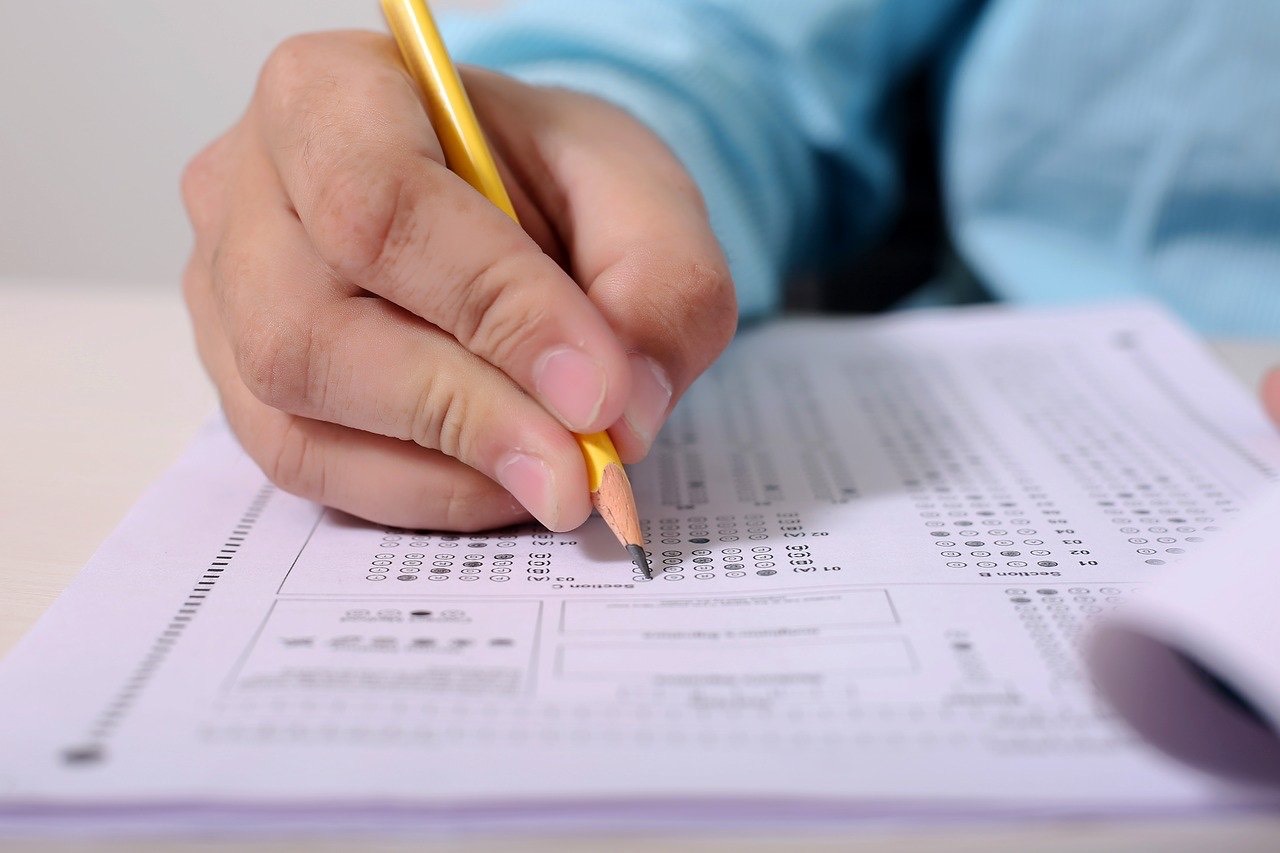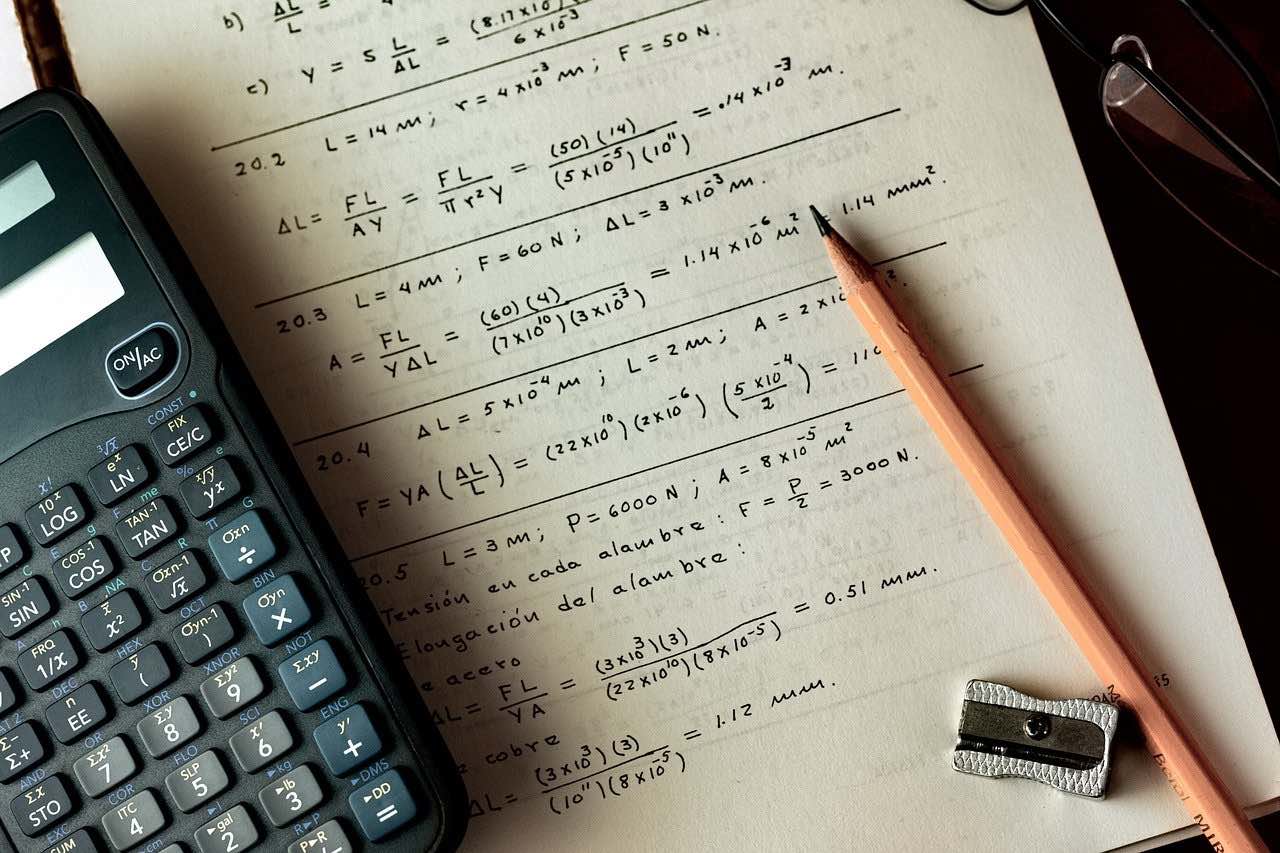Students can begin their IMO (International Mathematical Olympiad) study by looking at IMO sample papers for Class 6. Students can learn the test pattern, as well as the marking scheme and other aspects, by studying math Olympiad sample papers. Because the math Olympiad test follows the syllabus of several school boards, pupils will benefit from learning them in order to improve their mathematical skills.
It also aids in the preparation of students for the yearly school math exam. As well, most students join competitive math programs to excel and strengthen core concepts. The Class 6 Math Olympiad test is divided into levels to prepare pupils for competitive challenges. The goal of this competition is to motivate pupils to excel in arithmetic.
Solving math Olympiad sample papers ensures that students have all of the necessary abilities for advanced problem-solving, such as critical thinking and reasoning. In addition, Math Olympiad Class 6 sample papers help students become more familiar with vital themes and concepts. Students will gain confidence in their ability to compete with their peers on various levels after studying with these class 6 math Olympiad sample papers. It is also beneficial for students to lay a solid foundation for advanced courses.
Syllabus in IMO for Class 6
When students first start studying for the IMO exam, they typically appear perplexed. Knowing the exact exam curriculum is one of the first and most important IMO exam preparation tips. Each class’s international math Olympiad exam question paper is created in accordance with the school curriculum as prescribed by various boards. As a result, a syllabus is a useful tool for identifying significant topics and domains. Students can begin their study for the IMO exam by consulting their grade curriculum’s proper syllabus.
The syllabus for class 6 maths Olympiad is designed to improve students’ fundamental skills in areas such as exponents, linear equations, powers, algebraic expressions, and so on. The following is a complete section-by-section IMO syllabus for class 6:
1. The first section covers both verbal and nonverbal reasoning.
2. Integers, Exponents, and Powers (Section 2) Simple Linear Equations, Rational Numbers, Perimeter and Area, Comparing Quantities, Data Handling, Practical Geometry, Visualizing Solid Shapes, Fractions and Decimals, Lines and Angles, Triangle and its Properties, Algebraic Expressions, Symmetry, Congruence of Triangles, Simple Linear Equations, Rational Numbers, Perimeter and Area, Comparing Quantities, Data Handling, Practical Geometry, Visualizing Solid Shapes
3. Section 3: This section’s syllabus is based on the concepts presented in Section 2.
4. Section 4: This section addresses higher-order thinking questions based on the subjects covered in Section 2’s syllabus.
Students can use the math Olympiad questions and IMO Class 6 Previous Year Paper 2014 to obtain a sense of the types of questions that will appear in the IMO Sample Papers for Class 6.
Benefits of solving IMO Class 6 Previous Year Paper
Sample papers like Class 6 IMO Question Paper 2013 for the International Math Olympiad for Class 6 walk students through the IMO test design and methodology. Tackling Class 6 Math Olympiad example papers will provide pupils with a solid basis for solving mathematical problems.
Students who solve IMO Sample Papers for Class 6 improve their academic performance. The answer key that comes with the class 6 math Olympiad example papers contains solutions to all of the problems, allowing pupils to correct their mistakes. IMO sample papers for Class 6 will assist students in planning ahead of time and saving time and effort.
The best tips to study for IMO for class 6
Students should go over the Class 6 IMO sample papers carefully to understand the test format and crucial themes. As a result, students will have a clear understanding of the grade distribution and question placement.
Students should carefully review the class 6 maths Olympiad syllabus before attempting class 6 IMO sample papers. It will assist students in understanding the main themes and concepts in greater depth.
Students should incorporate the correct study approach into their daily preparation practice after comprehending the class 6 math Olympiad syllabus and test schedule. It will allow pupils to create an appropriate preparation schedule.
Using the class 6 IMO example papers for timed preparation can help a pupil’s expert time management and prevent wasting vital time and effort.
Students can use the answer keys that come with the class 6 IMO sample papers to help them improve their mathematical blunders and faults.
Solving these sample papers is an effective way for students to enhance their speed and accuracy.
Students must prepare strategically and adhere to a set schedule for IMO preparation. To improve focus and concentration, students must devote enough time to their daily math Olympiad preparation as well as relax. As a result, it is strongly advised that they arrange their preparation in a systematic manner.
Concept-oriented objective-type questions make up the International Math Olympiad test. Students should improve their conceptual understanding by reviewing all of the topics they learnt in prior grades. They can go to several math Olympiad question websites to find and solve several types of questions that may be asked on the exam.
Conclusion
The International Mathematics Olympiad, or IMO, is a major mathematics Olympiad held by the Science Olympiad Basis for students to lay a mathematical foundation for future classes. By posing high-order thinking problems to students, IMO helps them improve their problem-solving ability and analytical thinking. They will be better prepared for future competitive tests as a result of this.
You should also pay attention to the IMO Class 6 scoring system. It’s ideal if you looked at the scale that was used to calculate your grades. Many pupils are graded on a percentile scale ranging from one to 500, with one being the greatest possible score. Students who score below this mark will have a difficult time on the exam. Students that score above this level in the first few math topics often outperform the national average.
IMO Class 6 consists of 50 questions worth a total of 60 points, divided into four divisions as follows:
- Logic and Mental Ability — This portion assesses students’ logical and mental abilities as well as their analytical and general intellectual abilities.
- Mathematical Reasoning – This portion assesses the students’ comprehension of mathematical ideas as well as their calculative abilities. This section’s questions can be time-consuming and calculative.
- Everyday Mathematics – this component tests the candidate’s ability to think critically by asking questions about combining everyday problems and general management.
- Achiever’s part – This section puts pupils to the test with questions covering a wide range of topics.
Frequently asked questions (FAQs)
What is the International Maritime Organization (IMO) Class 6?
The International Maths Olympiad Class 6 is a competitive exam that assesses a student’s ability to think independently. The IMO Class 6 syllabus has been totally revised and updated, and it was planned and designed by math teachers.
What is the purpose of IMO?
Student Registration: The SOF IMO is open to students in grades 1 through 12. Please be aware, principals and teachers, that any school can register as a SOF IMO Level 1 centre. The institution does not have to pay a fee to become a registered examination centre.
What does Imo stand for in full?
The International Maritime Organization (IMO) is a United Nations specialised organisation in charge of improving the safety and security of international shipping and preventing ship pollution in the ocean.
What is the best way for me to learn IMO?
Mock exams and practise papers – once you’ve grasped the principles and learned how to answer various problems, the next logical step is to take on the mock tests and practise papers. You should go over as many IMO test sample questions and Previous Years’ Olympiad question papers as you can.
In the Olympiad, how do you develop your geometry skills?
Things to keep in mind. Make sure you know all of the major ones and practise spotting and applying them. If you’re already good at normal geometry, you might be able to pick up some cool tricks. Many issues benefit from inversion (inversion is op), poles/polars, and projective geometry.








